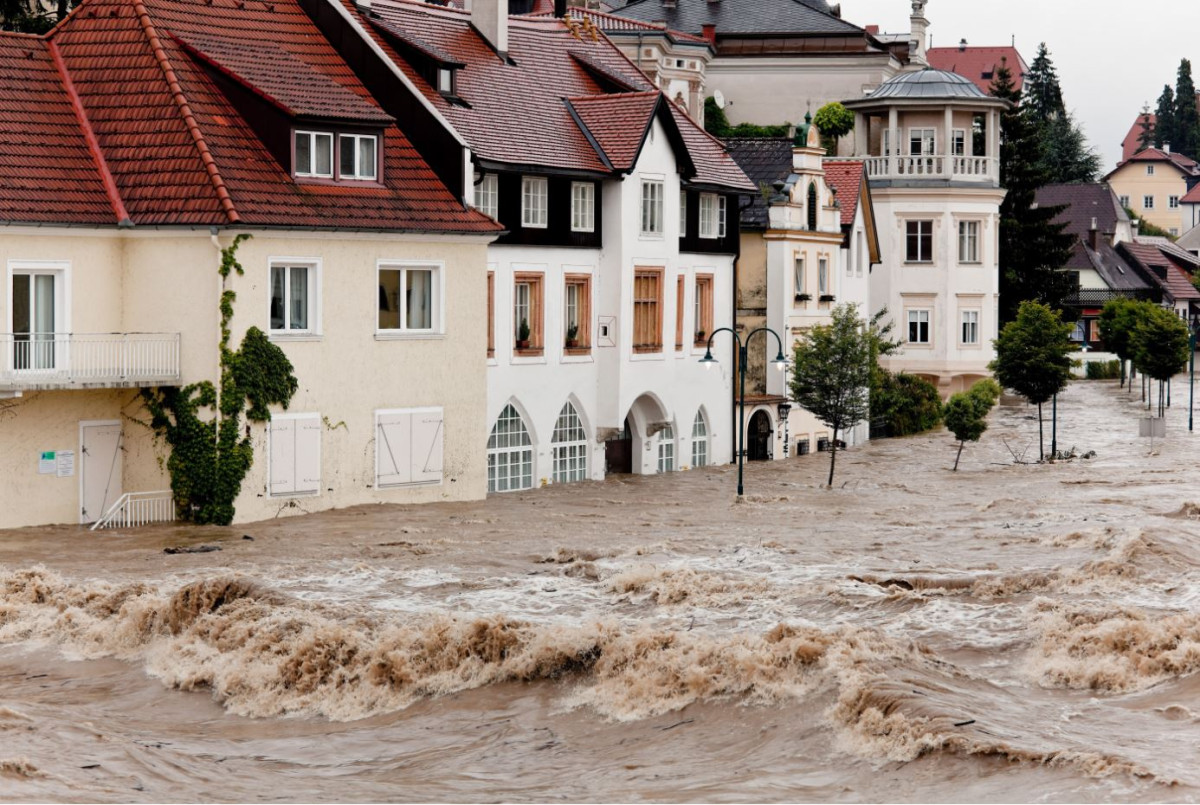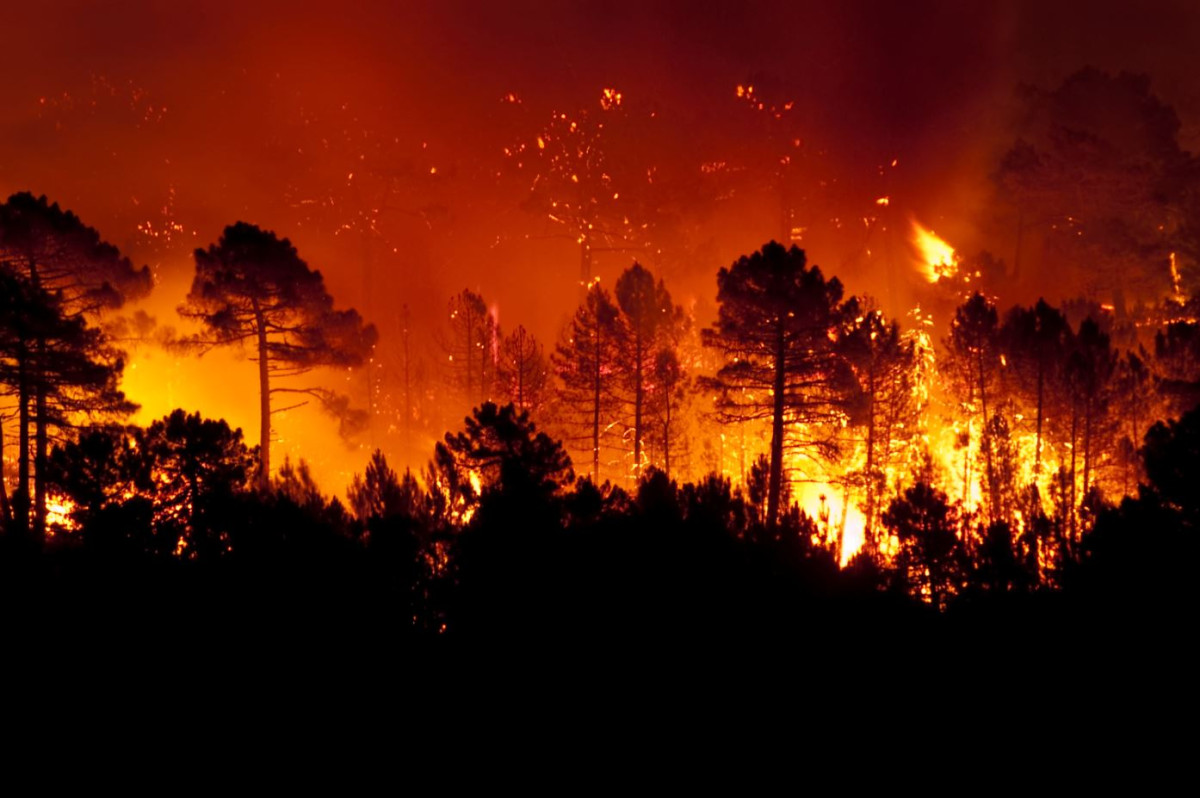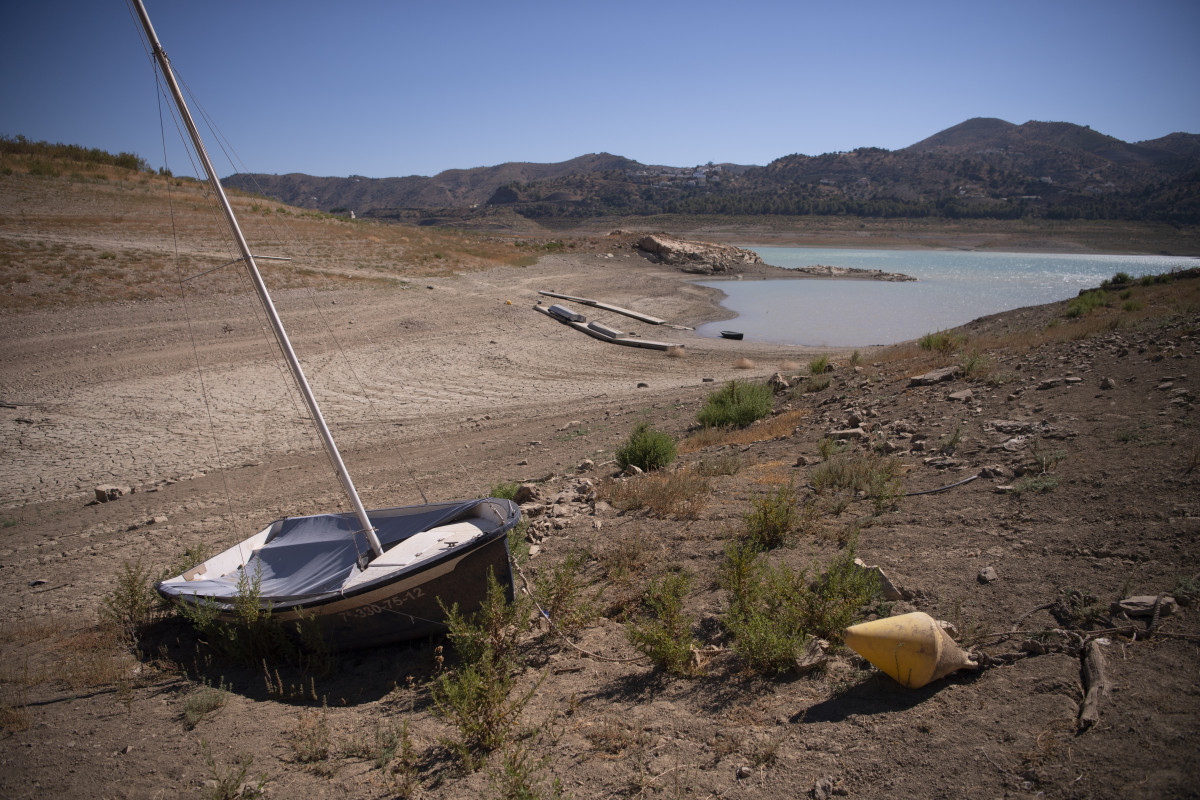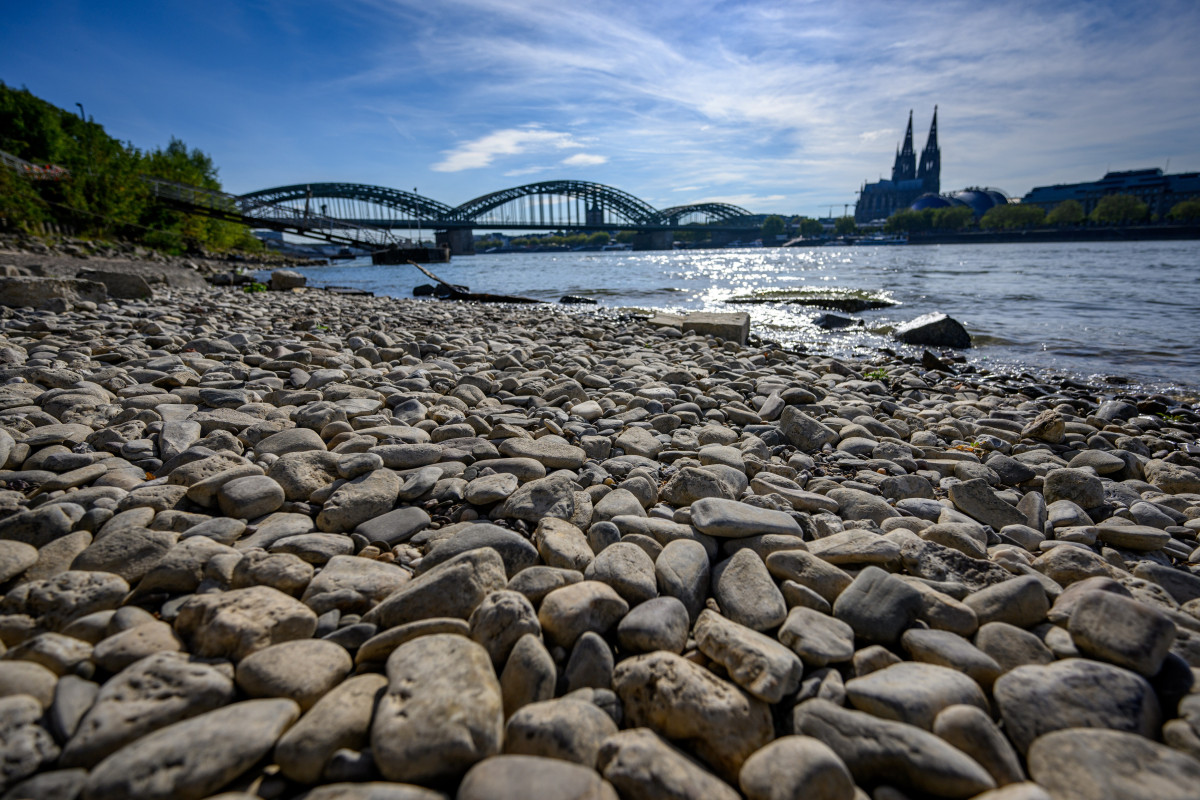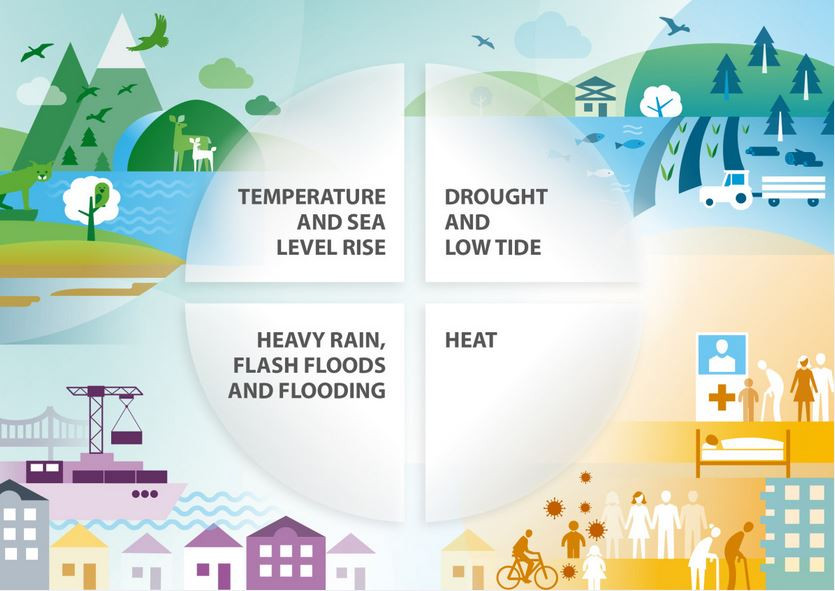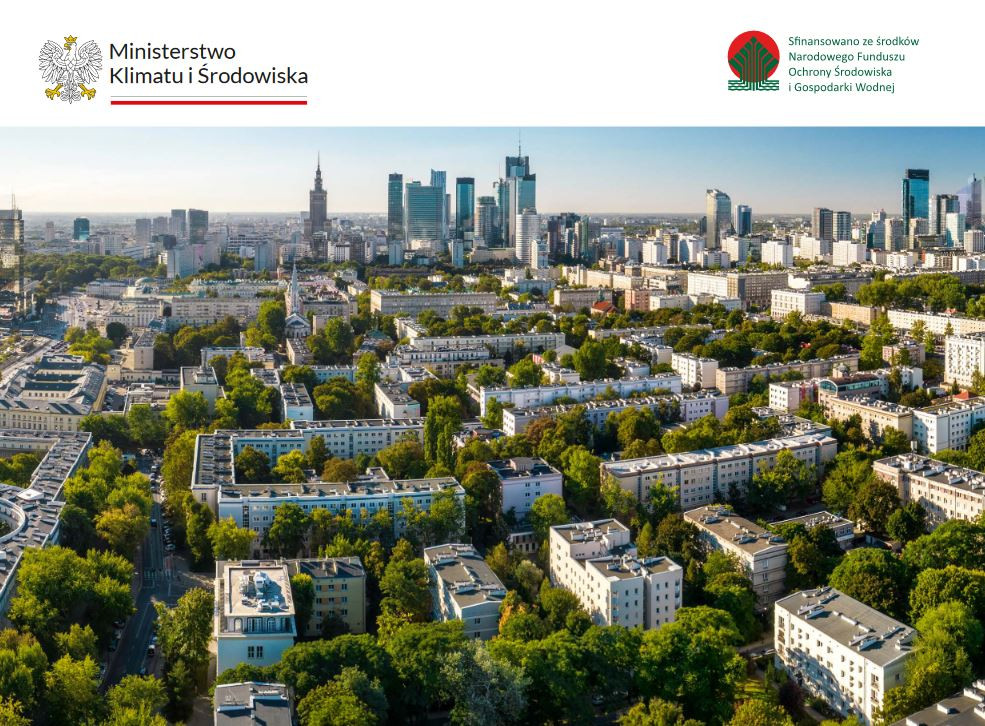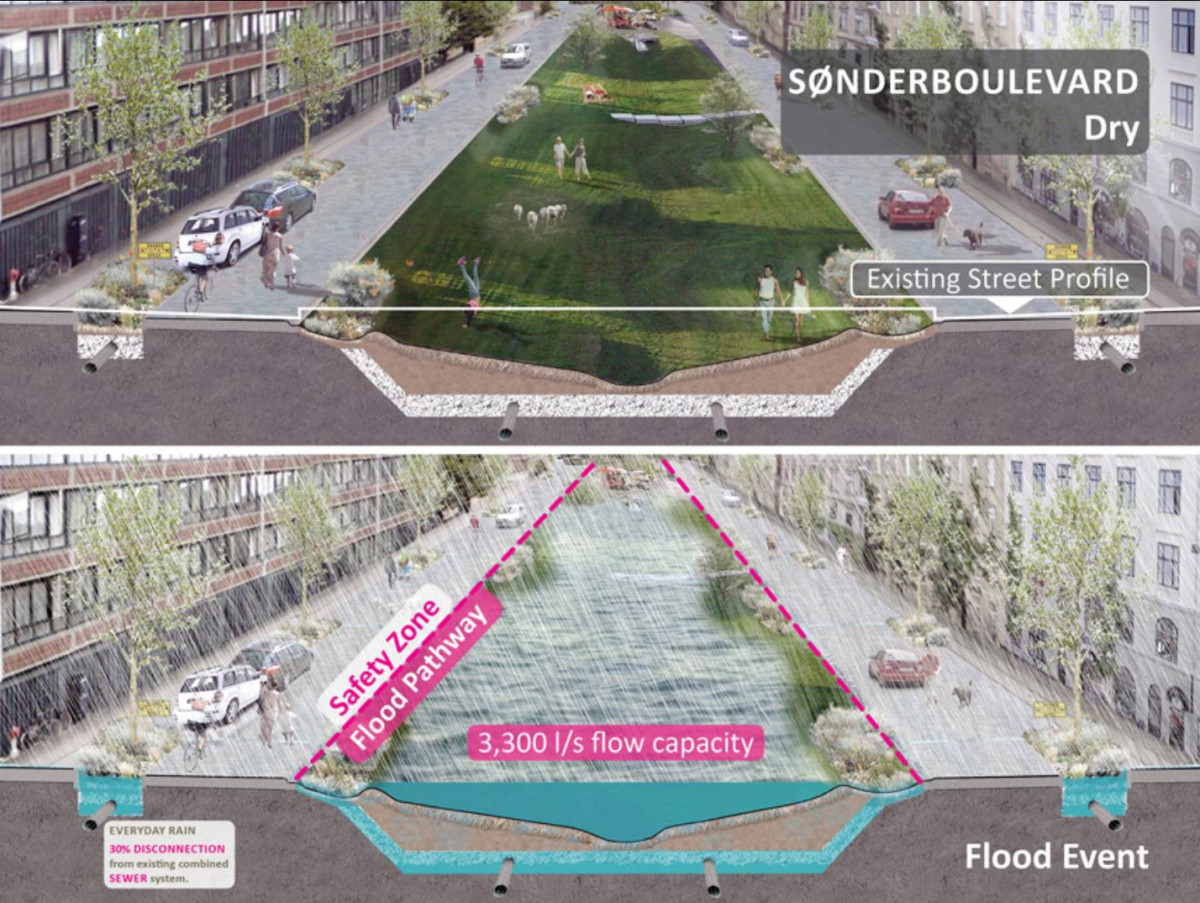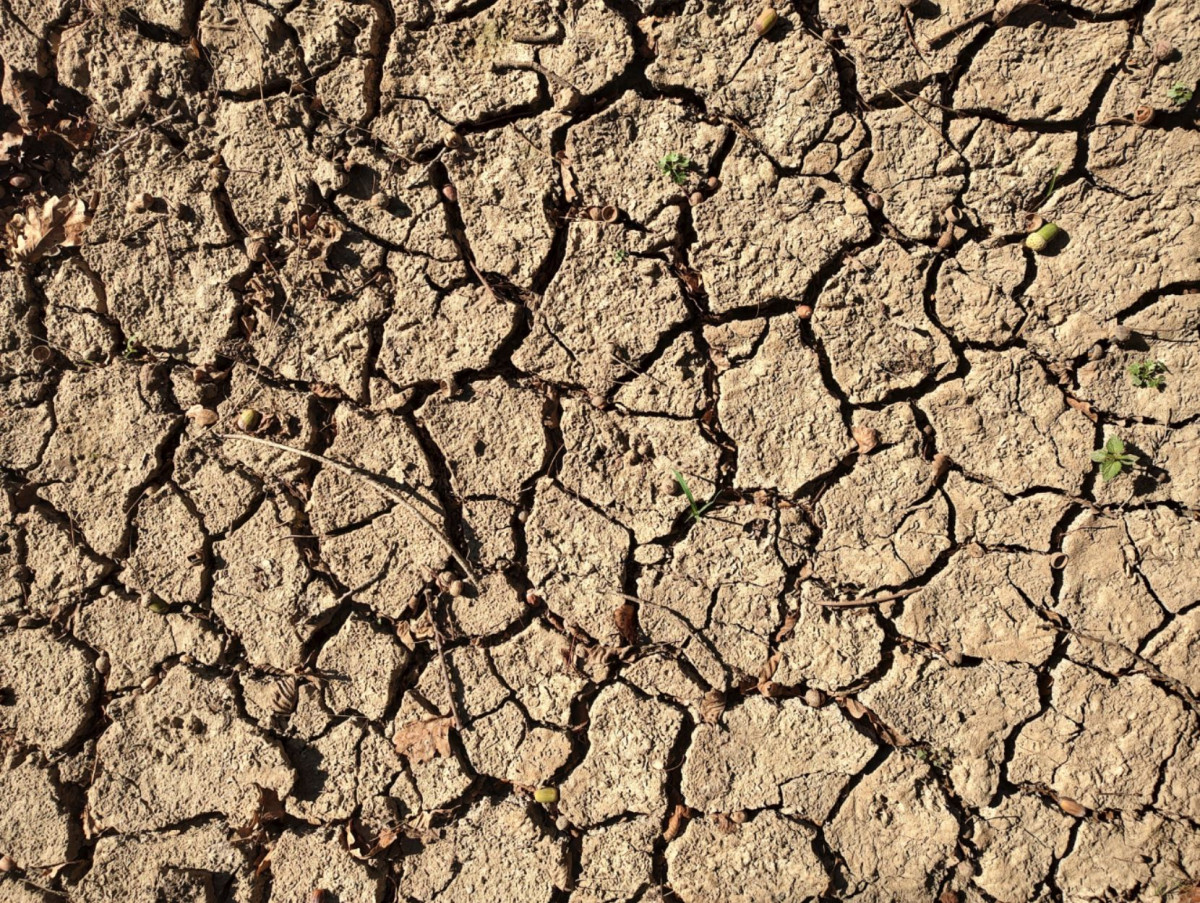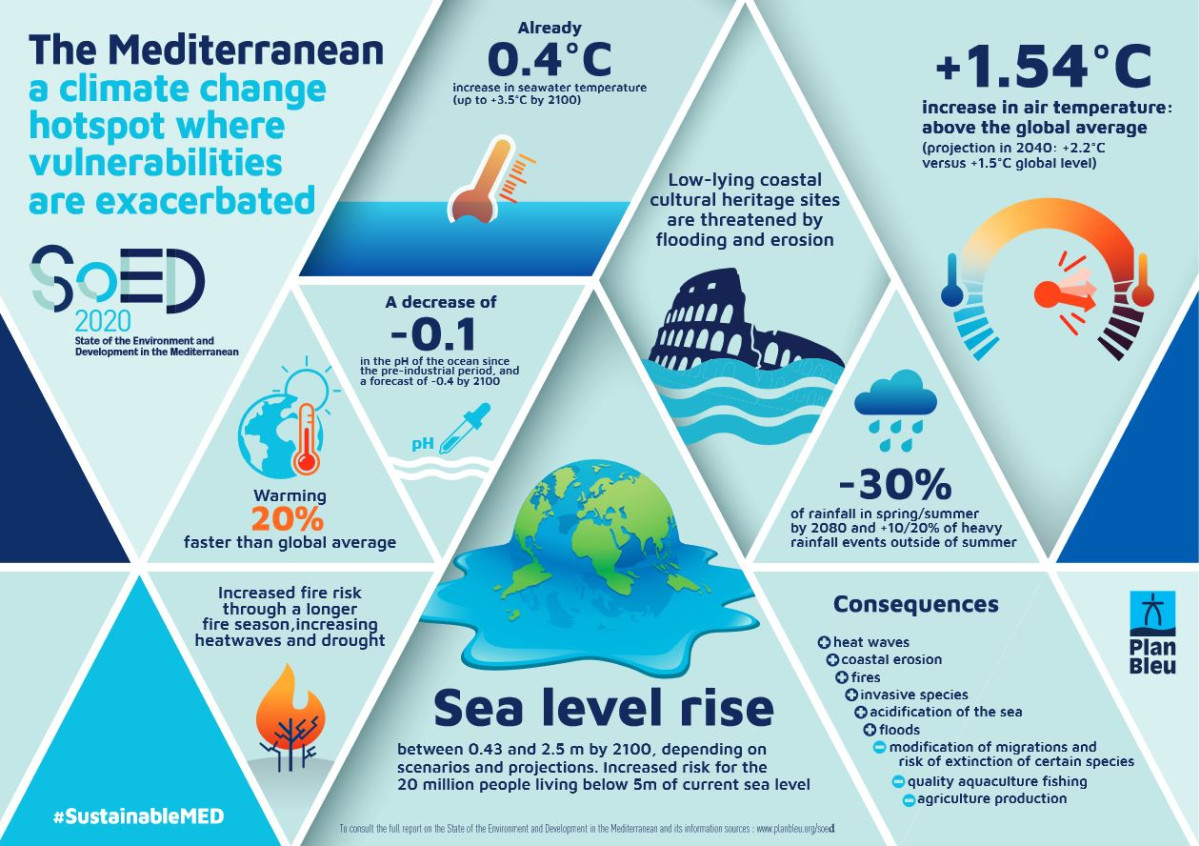Ill-equipped Europe braces for impact of rising temperatures
- Contents
- Analysis: Extreme weather forces unprepared Europe to focus on climate adaptation
- Q&A - Why Europe needs to adapt to the impacts of climate change
- Factsheet: Europe steps up climate change adaptation in wake of floods and heatwaves
- The race is on to climate-proof Europe’s water resources
- Germany braces for heatwave impacts on health, economy and water supply
- Case study: Germany still struggling to truly mainstream climate adaptation
- Case study: France braces for 4°C warming in “turning point” strategy
- Case study: Lack of coordination and monitoring slows climate adaptation in Poland
- Case study: Denmark keeps on dithering over climate adaptation plans
- Case study: Climate change adaptation plans fall short in hard-hit Italy
- Case study: Greece must make up for lost time in climate adaptation
The European Environment Agency (EEA) published the first European Climate Risk Assessment (EUCRA) report on 11 March 2024. It concluded that Europe is not prepared for the rapidly growing climate risks it faces, with risks outpacing developments in policymaking. The body, which conducts independent research to inform policymaking in the EU, found that many climate risks in the research clusters of ecosystems, food, health, infrastructure, and economy and finance have already reached critical levels, and "could become catastrophic without urgent and decisive action." The European Commission is planning to adopt a Communication on Managing Climate Risks on 12 March.
Analysis: Extreme weather forces unprepared Europe to focus on climate adaptation
Deadly summer heatwaves, floods, and snow-free ski slopes in winter are a wake-up call: Europe must urgently adapt to climate change, in addition to reducing emissions. Temperatures in the region have increased at more than twice the global average, making climate adaptation ever more pressing, but also a moving target. The EU is considered a global adaptation pioneer and has recently stepped up coordination of member states’ responses, but the challenges are huge, and many plans remain non-binding “soft” policies. Preparation is also hampered by the delayed benefits of climate adaptation beyond electoral terms, and a lack of financing. Read the analysis here.
Q&A - Why Europe needs to adapt to the impacts of climate change
A string of extreme weather events has pushed adaptation to the forefront of climate policy in Europe. This Q&A explains how fast the continent is warming, what the impacts and costs of rising temperatures are, and why emission reductions alone are insufficient to stave off the effects of climate change. Read the Q&A here.
Factsheet: Europe steps up climate change adaptation in wake of floods and heatwaves
Europe's recent extreme weather events, such as heatwaves, droughts and floods, have underlined the urgent need to prepare the continent for the worsening effects of climate change. Adaptation comes in many guises, ranging from defences against rising sea levels, to providing more shade in cities, and switching to more resilient agricultural crops. This factsheet provides a short overview of climate change impacts in Europe, and different approaches to adapt to rising temperatures. Read the factsheet here.
The race is on to climate-proof Europe’s water resources
Climate change is putting Europe’s water resources under immense pressure. Scientists expect heavy rain and dry periods to happen more often, be more severe, and last longer, leading to floods and droughts. Without swift mitigation and adaptation measures, not only will ecosystems and public water supply be under threat, but so will agriculture, inland navigation, and power production. While there are international cooperation bodies, legislation, and action plans in place, EU policy to adapt water resources to climate change often struggles on implementation or cross border funding. Read the article here.
Germany braces for heatwave impacts on health, economy and water supply
Germany is bracing for summer heat and drought, as temperatures across Europe reach record levels and the rest of the world faces unparalleled extreme weather events. With the first heat warnings, dropping water levels in major rivers, water use restrictions, and the first wildfires, memories of 2018 – Germany’s hottest and driest year on record – have come flooding back. The need to mitigate and adapt to the full breadth of consequences from climate change in the country might once again take precedence over fears the process might be too expensive. This article explains how heat and drought may affect Germany in the summer of 2023, how the country is preparing to deal with the potential issues and what the political implications might be. Read it here.
Case study: Germany still struggling to truly mainstream climate adaptation
Even 15 years after its first climate adaptation strategy, and despite deadly floods and droughts, Germany is still failing to integrate climate adaptation into everyday decision-making at all levels. Insurers have sounded the alarm over housing construction in flood-prone areas, while health institutions have launched education campaigns to prevent excess heat deaths. Yet, a lack of financial and human resources slows the implementation of preparation efforts against the impacts of climate change, and a fragmented approach is also considered a key hurdle. There is however, a growing awareness that not acting now will result in much greater financial and human costs in the future. Read the case study here.
Case study: France braces for 4°C warming in “turning point” strategy
Shocked by recent heatwaves, floods, wildfires and ongoing droughts, France is currently rebooting its strategy to cope with the impacts of climate change. In a “turning point” in the country’s adaptation efforts, the plans will also include proposals on how to deal with 4 degrees Celsius of warming, which will underline that marginal adjustments have become totally inadequate, according to experts. The city of Paris plans to use the preparations for the 2024 Olympics to turn the capital into a showcase for urban climate adaptation. Read the case study here.
Case study: Lack of coordination and monitoring slows climate adaptation in Poland
Poland is increasingly affected by heatwaves, droughts and floods as the impacts of climate change become ever more apparent. The country has had adaptation plans in place for a decade, but a lack of coordination and monitoring is holding back more effective implementation. However, both the general population and policymakers are increasingly aware that Poland must step up its efforts to deal with the effects of rising temperatures. Read the case study here.
Case study: Denmark keeps on dithering over climate adaptation plans
Despite its reputation as a nation at the forefront of green technologies like wind power, Denmark has been slow to focus on climate adaptation. Since a cloudburst shocked the capital Copenhagen with massive flooding in 2011, some steps to manage torrential downpours and rising sea levels have been implemented. Yet there is growing recognition that adaptation measures must go much further, while delays to a new national climate adaptation plan create a growing backlog. Read the case study here.
Case study: Climate change adaptation plans fall short in hard-hit Italy
Italy already finds itself reeling from the climate crisis, but the country’s adaptation plans are widely deemed insufficient. In the wake of record temperatures, droughts and floods, the government published its first national adaptation plan at the end of last year. Yet think tanks say the earmarked funds fall far short of what is needed to deal with climate change’s profound impact on agriculture and countless other sectors. There are, however, a number of pioneering research projects that could lead the way for future approaches. Read the case study here.
Case study: Greece must make up for lost time in climate adaptation
A string of devastating wildfires and floods has forced Greece to step up its lagging climate adaptation efforts. The creation of a separate ministry to handle the fallout from climate change signals that the government is starting to take the issue seriously, but the implementation of adaptation plans is hampered by underfunded and ill-prepared regional administrations. Read the case study here.

